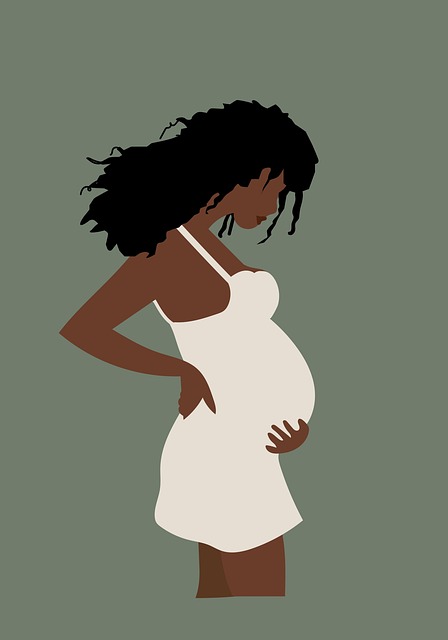Congratulations on the arrival of your little one! After navigating through the journey of pregnancy and childbirth, you may find yourself facing a new set of challenges during the postpartum period. Here’s a comprehensive guide to help you understand what to expect as you transition into motherhood and recover from childbirth.
How Long Does It Take to Recover After Giving Birth?
Regardless of whether you had a vaginal delivery or a cesarean section, the initial six weeks postpartum are generally viewed as a crucial recovery phase. Your body has undergone significant changes and stress, and it requires time to heal and readjust. Each woman’s recovery journey is unique; some may bounce back quickly while others may take longer.
Understanding Postpartum Bleeding
Postpartum bleeding, known as lochia, is normal and can last anywhere from a few days to several weeks following childbirth. Initially, it may be heavy and bright red, but it typically lightens in color and flow as the days pass. Be mindful of any drastic changes or prolonged heavy bleeding, and consult a healthcare provider if you have concerns.
Tips for Speeding Up the Healing Process
- Rest as Much as Possible: Your body needs time to heal, so prioritize sleep and relaxation.
- Stay Hydrated: Drinking plenty of water can aid in recovery and help combat fatigue.
- Nutrition Matters: A balanced diet rich in vitamins and minerals can support your healing process.
- Gentle Exercise: Once cleared by your healthcare provider, light activities such as walking can improve circulation and mood.
- Seek Support: Don’t hesitate to ask for help from family or friends during this time.
Your Postpartum Recovery Checklist
- Monitor your bleeding and any unusual symptoms.
- Manage any discomfort or pain with recommended medications.
- Attend follow-up appointments with your healthcare provider.
- Consider joining support groups, such as the Make A Mom community, which can offer guidance and encouragement.
Understanding Postpartum Depression
It’s essential to be aware of postpartum depression, which can affect new mothers. If you notice signs of persistent sadness, anxiety, or overwhelming feelings, reach out for help. Early intervention is key to recovery.
Additional Resources for Your Journey
For those considering home insemination as a path to motherhood, resources like Make A Mom offer innovative solutions, including a unique reusable option for at-home insemination. You can learn about the process here.
For more insights on home insemination, check out our blog post, A Journey of Hope: Finding Peace in Home Insemination, and explore the information provided by the Cleveland Clinic on intrauterine insemination.
Additionally, if you’re navigating the legal aspects of conception, our article on legal gray areas of post-coital condom retrieval is an excellent resource.
To Summarize: The postpartum period is a time for recovery and adjustment as you embrace motherhood. Understanding your body’s healing process, monitoring your well-being, and seeking support can pave the way for a smoother transition. Utilize available resources and connect with communities that can provide valuable assistance on your journey. Remember, every mother’s experience is unique, and it’s okay to seek help when needed.

